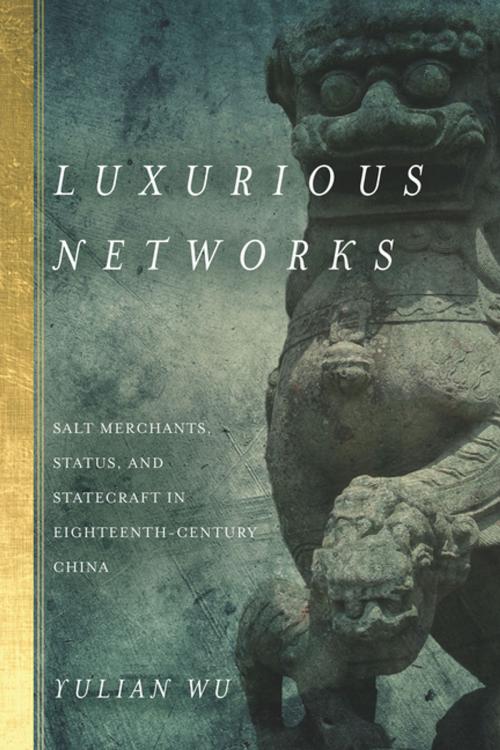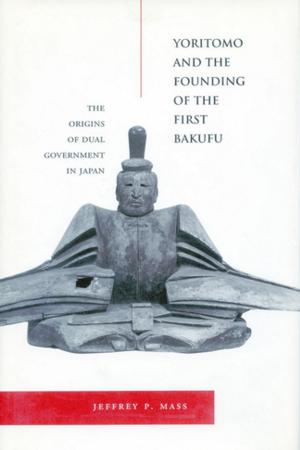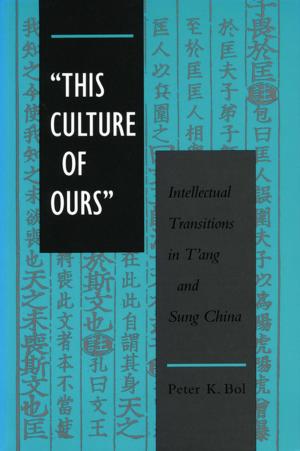Luxurious Networks
Salt Merchants, Status, and Statecraft in Eighteenth-Century China
Nonfiction, History, Asian, China| Author: | Yulian Wu | ISBN: | 9781503600799 |
| Publisher: | Stanford University Press | Publication: | January 4, 2017 |
| Imprint: | Stanford University Press | Language: | English |
| Author: | Yulian Wu |
| ISBN: | 9781503600799 |
| Publisher: | Stanford University Press |
| Publication: | January 4, 2017 |
| Imprint: | Stanford University Press |
| Language: | English |
From precious jade articles to monumental stone arches, Huizhou salt merchants in Jiangnan lived surrounded by objects in eighteenth-century China. How and why did these businessmen devote themselves to these items? What can we learn about eighteenth-century China by examining the relationship between merchants and objects?
Luxurious Networks examines Huizhou salt merchants in the material world of High Qing China to reveal a dynamic interaction between people and objects. The Qianlong emperor purposely used objects to expand his influence in economic and cultural fields. Thanks to their broad networks, outstanding managerial skills, and abundant financial resources, these salt merchants were ideal agents for selecting and producing objects for imperial use. In contrast to the typical caricature of merchants as mimics of the literati, these wealthy businessmen became respected individuals who played a crucial role in the political, economic, social, and cultural world of eighteenth-century China. Their life experiences illustrate the dynamic relationship between the Manchu and Han, central and local, and humans and objects in Chinese history.
From precious jade articles to monumental stone arches, Huizhou salt merchants in Jiangnan lived surrounded by objects in eighteenth-century China. How and why did these businessmen devote themselves to these items? What can we learn about eighteenth-century China by examining the relationship between merchants and objects?
Luxurious Networks examines Huizhou salt merchants in the material world of High Qing China to reveal a dynamic interaction between people and objects. The Qianlong emperor purposely used objects to expand his influence in economic and cultural fields. Thanks to their broad networks, outstanding managerial skills, and abundant financial resources, these salt merchants were ideal agents for selecting and producing objects for imperial use. In contrast to the typical caricature of merchants as mimics of the literati, these wealthy businessmen became respected individuals who played a crucial role in the political, economic, social, and cultural world of eighteenth-century China. Their life experiences illustrate the dynamic relationship between the Manchu and Han, central and local, and humans and objects in Chinese history.















